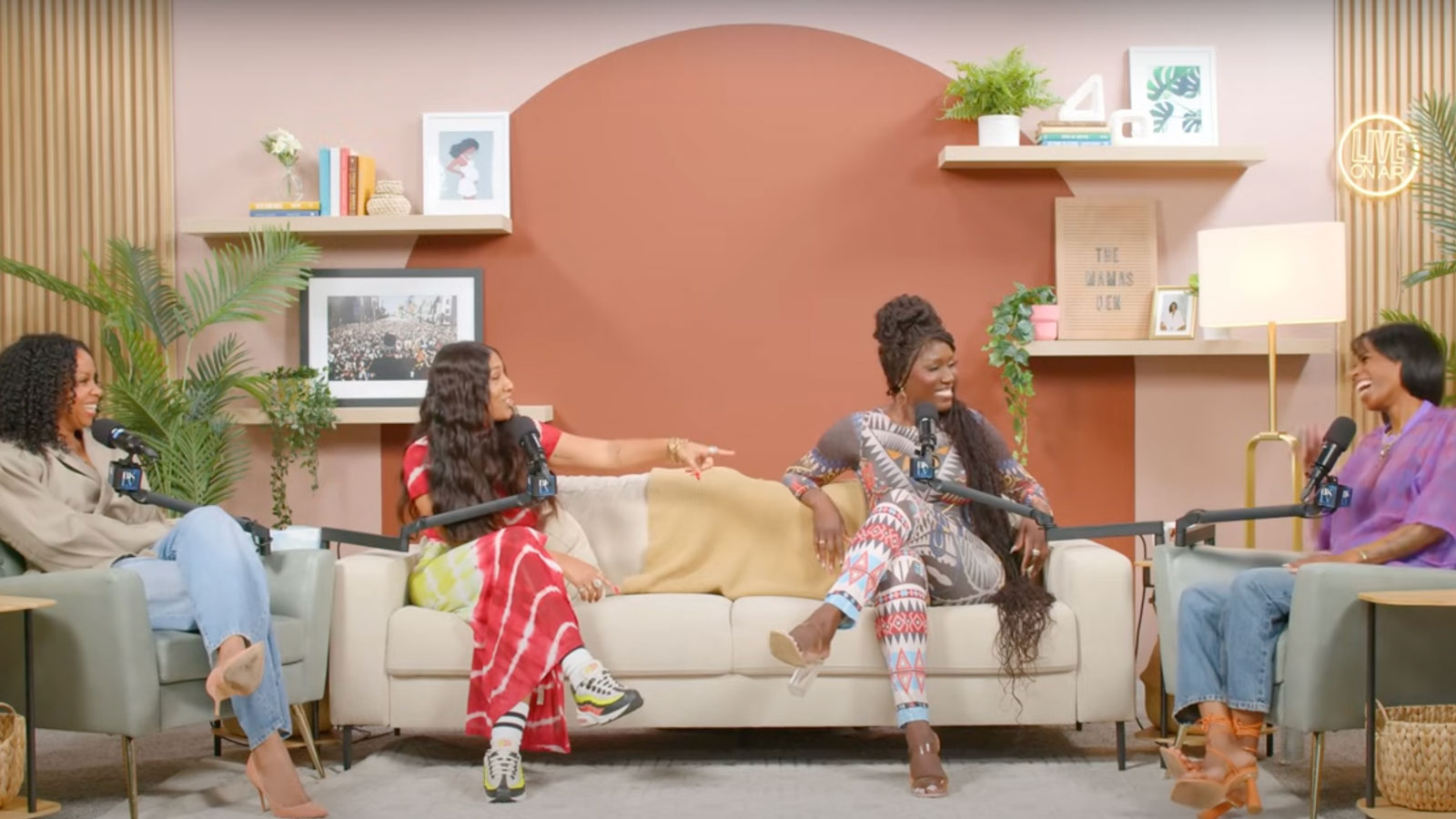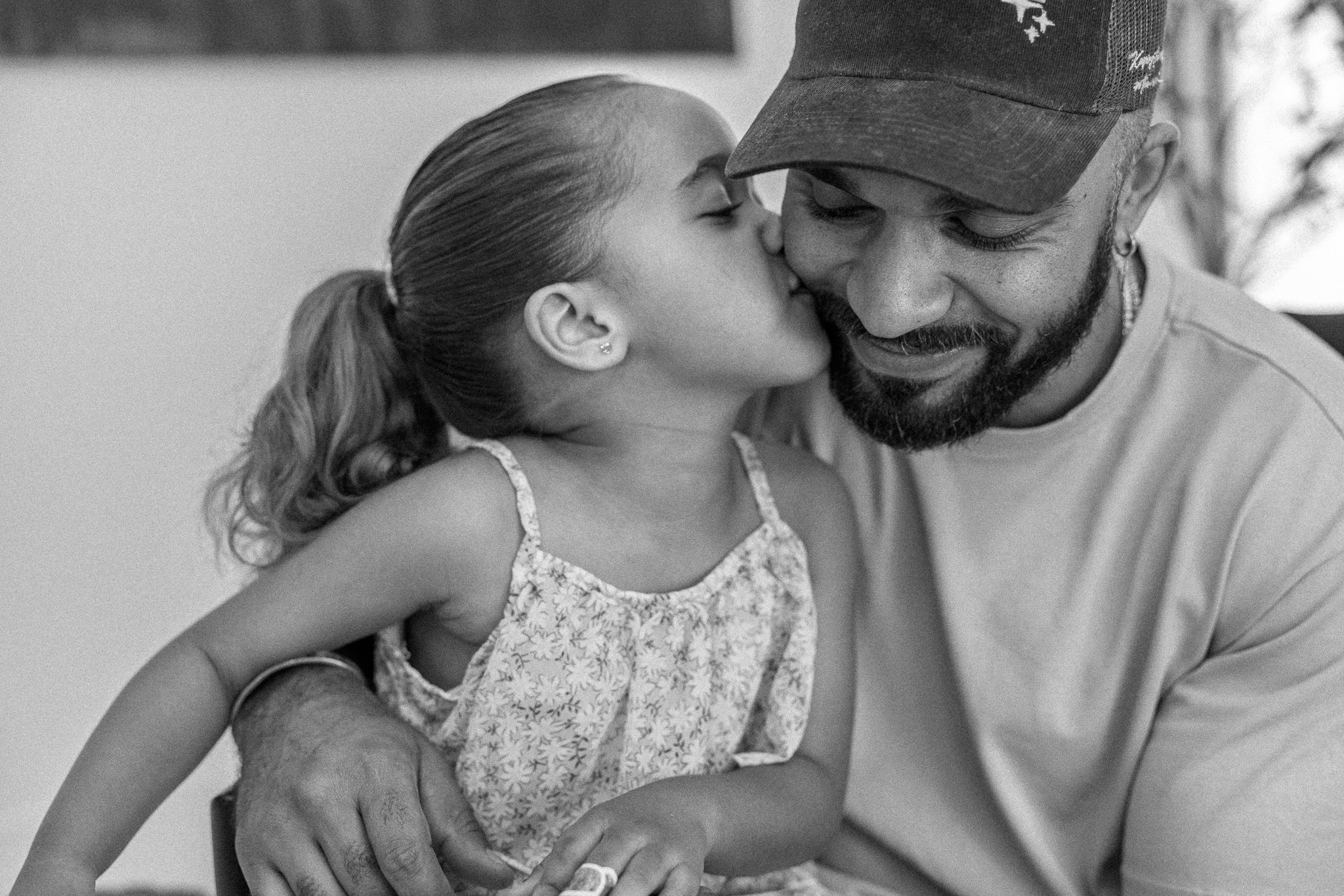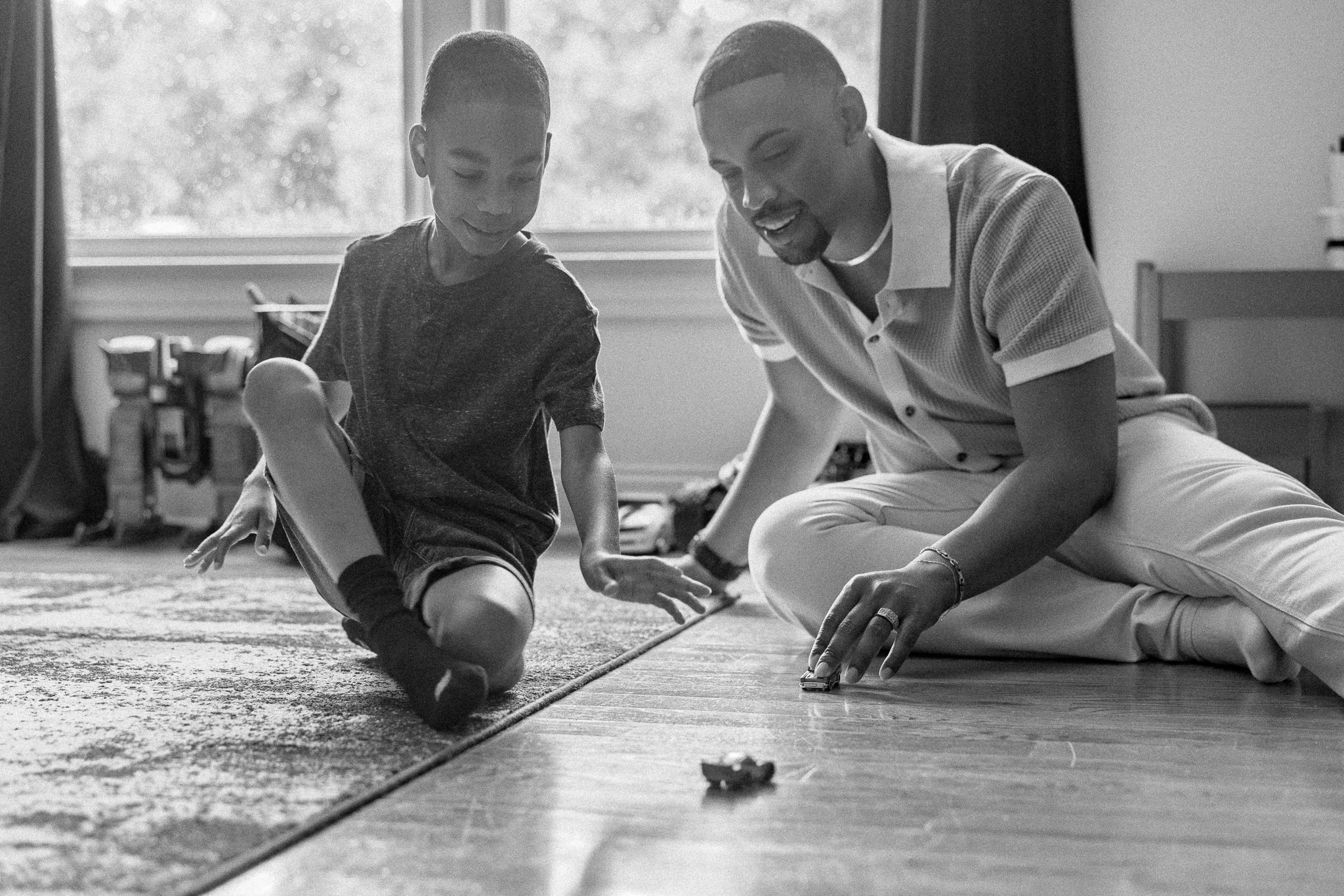
couple talking (Courtesy of freepik.com)
Courtesy of freepik.com

Courtesy of pexels.com
The subject of relationship red flags is far from new, but like with many things on social media, the term has escaped the realm of professional expertise and come to be used to describe any characteristic one doesn’t like in a potential partner. The danger there is there’s a world of difference between preference and potentially harmful behavior, and if you don’t know what that is, you could be ruling out prospective companions prematurely, or worse, tolerating individuals whose actions are indeed indicators of unhealthy behavior patterns.
“A red flag is something that really signals that the relationship has toxic dynamics going on, abusive dynamics going on, or is making you feel badly about yourself,” says clinical psychologist Adia Gooden. “It’s a sign that the relationship isn’t going to work or be healthy for you or the person you’re with.”
Related Articles:
Unpopular Opinion: Dating Green Flags Don’t Always Mean They’re a Keeper
Revisiting and Adjusting Boundaries is Essential for Evolving Relationships
How to Assess and Address Toxicity in Relationships
Here, Dr. Gooden breaks down true red, yellow and green flags, how to differentiate between the three, and the necessary steps to take when you encounter behavior that signals any of the above.
In a lot of the relationship debates that happen on X (formerly Twitter), the response when someone does something off-putting, is often immediately, “That’s a red flag, leave them alone.” Do you think we’ve become too quick to dismiss people over behaviors, or is it the reverse and we’re undoing a legacy of being too forgiving?
I think there are times when we are too quick to dismiss people. I watched the whole thing going around the internet that was like, “He can’t take me to Cheesecake Factory or these 10 places on the first date,” and it’s like, why? Why is that a problem? I think there are certainly times when we can get in this place where if this person doesn’t do everything to make me perfectly comfortable or meet every single expectation, or if they do anything that I don’t like then that means that’s a red flag, this isn’t going to work. I think often that’s being too picky or defensive because the reality is that no other human being is going to make you happy or comfortable 100 percent of the time.
Now that’s different than being in a relationship where you’re being talked to meanly, where you’re potentially being abused, where you feel really badly about yourself, where your happiness and needs or wants aren’t prioritized at all. Sometimes when we’re too forgiving it’s because there are some things that do meet our expectations, like somebody’s appearance or job title or salary, but the way they’re actually treating us isn’t making us feel good and so we settle for poor treatment because the outside looks the way we think it should look.
A common practice that’s encouraged is to make a list of your red flags to make sure you stick to them while you’re dating. Is that a helpful practice?

Courtesy of pexels.com
I think it can be helpful if they’re actually red flags. If a red flag is, I’ve told this person repeatedly that I’m uncomfortable with them touching me before we get to know each other enough, and they keep putting their hand on my thigh, and they keep putting their hand on my low back, and they keep touching me, then that could be a red flag because that person isn’t listening to you. They’re not respecting your boundary. So if you’ve had a past experience where you ignored a sign that somebody wasn’t listening to you, wasn’t respecting your boundaries, those things, then sort of noting, hey this is a red flag for me, this could lead to an unsafe relationship can be helpful. But if your red flag is he wants to take you on an ice cream date for the first date or she wants to take you to Cheesecake Factory or he’s not dressed in a fitted bespoke suit on the first date, then that’s not really a red flag. It’s about being honest about what are actual red flags and there shouldn’t be a million of them. Sometimes red flags are about how did this person make you feel. Like in your gut did you feel a sense that this doesn’t feel safe, or this doesn’t feel right, or something feels deeply off that’s not about a surface level thing— like the date wasn’t hundreds of dollars—that’s something to listen to. But that’s different than he didn’t meet all of my marks. He only makes this amount of money, or she only makes this much money, or she didn’t look this way. That’s a preference.
What’s your guidance for raising an issue with someone when their behavior is a true red flag?
I want to add that I do think there’s such a thing as yellow flags. I think there are green flags, there are yellow flags, and there are red flags. If it’s a red flag and it’s early on, you could say something like, “You know what, I just don’t think this is the right match,” and move on because if you’re really getting a red flag, then it’s not a negotiation, right? Now if it’s like I’ve gotten 50 green flags and then I got one red flag, or I got one yellow flag, then there might be a conversation like, “Hey, I noticed that you said you were going to do ABCXYZ and you didn’t do that. That seems out of character from what I saw with you, what’s going on?” If they acknowledge it and say something along the lines of, “I’m so sorry I said we were going to have a date and I didn’t do what I said I was going to do, that was not what I was supposed to do, I apologize this is what was going on, let me make it up to you,” that’s possibly workable versus if somebody’s like, “What are you talking about? I never agreed to a date,” and they kind of gaslight you. What you don’t want to do is get into a situation where you’re inviting them to invalidate your experience and negotiate around it. It also doesn’t have to be a fight. You don’t have to tell them off. You can just say, “This isn’t working for me, and I’m moving on.”
Let’s say you’ve concluded a particular behavior is actually a yellow flag and you’re giving the person an opportunity to do better. Is there a time limit on seeing changed behavior?

Courtesy of freepik.com
I think there should be. If it’s an early dating relationship and you’re only a few months in, and you’re like, “Hey, you know, you keep saying you’re going to call me or we’re going to go out on Friday and then every Thursday you have something else to do and we don’t hang out and we only hang out during the weekend,” you can say that to the person and then they get like two weeks to remedy it. If two weeks go by and they always have an excuse about something else they’re going to do Friday after they committed, then that’s it. Let’s move on. If you’ve been in a relationship for a year and you’ve been working on the relationship and you see something and you’re like, “Hey I don’t like this,” then you might give that person more time because you already have a committed relationship.
One important piece of this is that you need to hear from them a willingness to work on it. It can’t just be your hope. Like, well they have potential, or they could get better, in the absence of them saying, “I hear you, I want to work on this, I won’t want to do this anymore, I’m going to make changes.” People don’t change magically in a day. As a psychologist, I know it takes a while, but you want a commitment and a willingness to change versus defensiveness and making you seem like you’re the problem for wanting to go out on Friday nights. I think you can give people time, but you want to hear and then see action that they’re actually trying to address it. And again, if it’s abusive, if it’s harmful to you mentally, physically, emotionally, spiritually, then that’s a time to end the relationship.
Can you elaborate on those things that are universal red flags, no matter the circumstances?
Yes, so if there’s physical violence in the relationship. If somebody is hitting you, if you are hitting them, pushing, any of those things. If there are threats of physical violence. Some precursors to that could be hitting walls, hitting doors, throwing and breaking things. Those are signs that this is an unhealthy relationship that has abusive dynamics. If the person is psychologically abusive or harmful, so putting you down, calling you names, telling you that you’re a bad person, that you’re not worthy, those sorts of things. It’s important for people to understand that the cycle of abuse often involves a start with love bombing. So that can also be a red flag. If somebody just meets you and they’re love bombing you, you’re the best person they ever met, you’re so amazing, let’s spend every moment together, that should at least be a yellow flag. It doesn’t mean you have to say no, but if this person doesn’t know you yet it may be a sign of what’s to come later, which is control, putting you down. I would also say if you consistently feel I’m not good enough with this person, I feel like I’m not worthy, I’m not prioritized, I feel like I’m the problem, those are signs that this isn’t going to work. Those are red flags that the relationship is harmful to you, again, mentally, emotionally, or physically.
What if you’re the person whose actions have been deemed a red flag? How do you receive that feedback and make the choice to improve?

Courtesy of pexels.com
First, by acknowledging it’s hard to receive critical feedback and allowing yourself to take it in, even if it’s not in the moment. If you’re finding yourself feeling defensive, what you may do is say, “Thank you for telling me; I need some time to process. I need some time to think about this,” and then you take time when you’re alone and not in an argument or something like that to really consider, are these things that I do, is this something that I want to work on, is this something I feel I can work on? Talking about it in the context of therapy or with a trusted friend or family member and not just seeking someone who’s going to be like, “Girl you’re perfect, you never do anything wrong,” is important because the reality is that none of us are perfect. None of us always gets it right in a relationship. That’s just not possible. But then really trying to take it in and not taking it as, I’m the worst person ever, I’m awful. But taking it as this is a growth area. Am I willing to work on it? And what would that look like? And then you can return to your partner and say, “This is really hard for me to hear. Thank you for telling me, and here’s how I’m going to try to work on it.”
Related Articles
Bozoma Saint John talks Black motherhood, grief, self-love, and finding joy again. Don’t miss her powerful conversation on building legacy and living boldly.
Tyler Lepley shows the beauty of Black fatherhood, blended family life with Miracle Watts, & raising his three children in this Father Noir spotlight.
Black fathers Terrell and Jarius Joseph redefines modern fatherhood through love, resilience, unapologetic visibility in this Father Noir highlight.
Featured Articles
When Elitia and Cullen Mattox found each other, they decided that they wanted their new relationship together, their union, to be healthier and different.
Celebrate their marriage and partnership with the release of the documentary “Time II: Unfinished Business”
The vision for our engagement shoot was to celebrate ourselves as a Young Power Couple with an upcoming wedding, celebrating our five year anniversary - glammed up and taking over New York.
Meagan Good and DeVon Franklin’s new relationships are a testament to healing, growth, and the belief that love can find you again when you least expect it.
Our intent is to share love so that people can see, like love really conquers everything. Topics like marriage and finance, Black relationships and parenting.
HEY CHI-TOWN, who’s hungry?! In honor of #BlackBusinessMonth, we teamed up with @eatokratheapp, a Black-owned app designed to connect you with some of the best #BlackOwnedRestaurants in YOUR city – and this week, we’re highlighting some of Chicago’s best!











